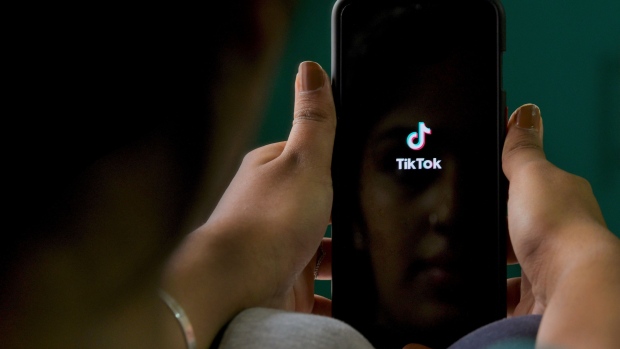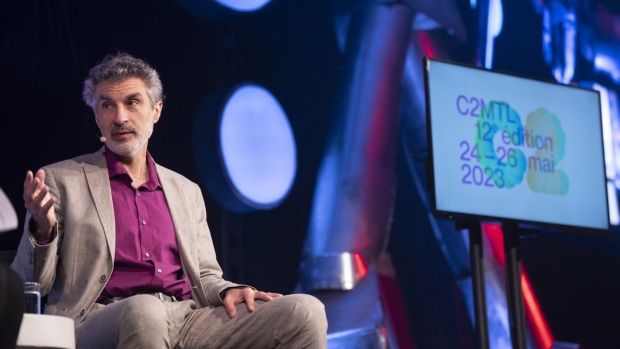Employers want to fire workers without getting shamed on TikTok
, Bloomberg News

Videos of disastrous layoffs accumulating on TikTok are prompting companies to seek help in delivering the bad news.
More people are sharing intimate details and recordings from workplace conversations that used to transpire behind closed doors. TikToks about getting laid off are now routinely dissected in public — from CEOs’ mea culpa memos to awkwardly timed announcements and the precise intonation used by human resources managers.
Fear of social-media backlash has executives, especially from smaller tech firms that don’t have big HR operations, looking for advice on how to lay people off without it blowing up in their faces. Onwards HR, a startup specializes in layoff logistics, says its customer base grew 300 per cent last year.
“They’re like, can you tell us how to do it so that doesn't happen to us?” said Sarah Rodehorst, co-founder and chief executive of Onwards HR. “With social media, everybody’s watching.”
While the overall jobs market data remains robust, big job cuts are nonetheless showing up in a slew of industries to start the year, most notably in tech, where several of America’s largest employers are nixing hundreds or thousands of positions. United Parcel Service Inc. also announced last week that it will slash 12,000 management jobs, and Citigroup Inc. has said it plans to eliminate 20,000 roles by 2026. Onwards HR offers companies a centralized platform to standardize the layoff process, automate severance payments and enable smoother collaboration across HR, legal and finance teams. But customers want more than just technology, Rodehorst said. They want step-by-step guidance on how to have tough conversations with people who are being let go. Rodehorst tells her clients that they should allow every laid-off worker the opportunity to meet with their manager to ask questions. Meticulous planning is another non-negotiable.
Rodehorst has culled these best practices from experience, but she’s considering offering more formal training and certification programs since there’s so much demand.
A mismanaged layoff can damage a company’s reputation and its recruiting. Last month, an employee at tech firm Cloudflare shared a recording of her layoff on TikTok, unleashing a torrent of criticism. The CEO said Cloudflare made a mistake in “not being more kind and humane,” in a statement on X.
Internally, layoffs can even result in other employees calling it quits. Worker morale often languishes for months after a massive round of job cuts, according to employer review site Glassdoor Inc.
Regardless of social media, HR experts say layoffs should always be handled with care.
“You could be ruining someone’s life,” said Jenny Dearborn, a veteran HR officer who has helped restructure tech firms, including the now-defunct Sun Microsystems, which recruited her in 2003 to help the company move some jobs abroad.
At Hewlett-Packard in the late 1990s, Dearborn says the company showed a tape of an executive talking about the emotional toll layoffs can take on individuals, their families and their identities. Decades later, one line stayed with her: “If you don’t stay up all night sick to your stomach, then you’re not doing it right.”
Last year, Kim Rohrer helped lead two separate job cuts at hiring and payroll platform Oyster that impacted about 120 people. The fully-remote company had to comply with labor laws across 70 countries and coordinate day-of communication across time zones. It was “extremely complicated,” she said.
Rohrer and her team advised managers on how to deliver the news over Zoom — use a natural, warm and empathetic tone of voice — and what to do if the conversation got contentious. They had scripts prepared for different situations and different reactions. They also put together over 20 pages of documentation addressing common questions like how to access benefits and how handoffs will work for ongoing projects.
Both times Oyster laid off workers, HR kept the timing of the notifications tight. The employees were given a bonus week of paid time off so they could review the information and ask questions before they were officially let go. They were also encouraged to apply for other open roles at the company.
In September, Rohrer found her own name on the cut list. “I know what you’re going to say, it’s fine,” she recalled telling her bosses at the time. “I wrote the script.”
